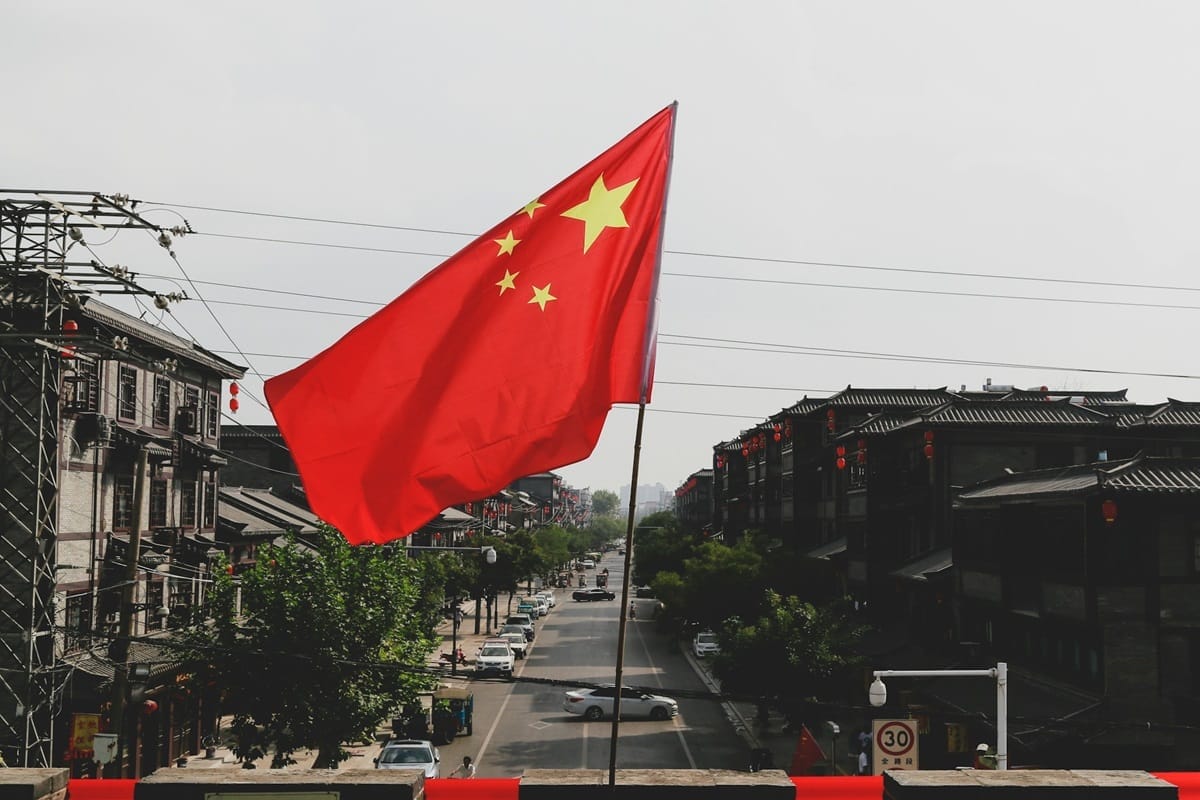People’s Bank of China Governor Pan Gongsheng said that the country will seek to intensify currency cooperation with other Asian economies to strengthen financial stability in the region.

The mentioned statement was made by the head of the central bank of China during a panel discussion at the Boao Forum. Pan Gongsheng drew special attention to the advantages of bilateral currency swaps to support trade and investment activities. At the same time, he did not elaborate on the reasoning on this topic.
Pan Gongsheng said that Asian countries should cooperate. In his opinion, this interaction is necessary to have a bigger say within the framework of the activities of the International Monetary Fund (IMF). He also noted that China attaches great importance to the prevention of financial risks.
Bilateral currency swaps between central banks are financial arrangements. In this case, the financial regulator of one country can exchange its currency for the currency of another state. China has signed relevant arrangements with Asean member countries, Japan and South Korea within the framework of the Chiang Mai Initiative. The total cost of these arrangements is 4 trillion yuan ($554 billion).
Pan Gongsheng also announced his intention to continue efforts to open up the Chinese financial sector. He also spoke about the solid foundation of the Asian country’s real estate sector.
China’s central bank has taken several measures to build confidence in the world’s second-largest economy, which is currently in a state of gradual weakening. For example, the financial regulator has reduced the amount of money that banks must keep as reserves. Some analysts expect that in the current year, the central bank of China will revise the mentioned indicator downwards at least twice more.
This week, IMF Managing Director Kristalina Georgieva visited an Asian country. She held a meeting with Pan Gongsheng to discuss quota reforms with him at the mentioned organization based in Washington. China currently holds 6.09% of the votes in the IMF. The corresponding indicator of the United States is at 16.5%. In fact, this means that Washington has the veto power. To make important decisions at the IMF, 85% of the voting participants must support the proposal.
At the same time, China’s share in the global economic output is about 18%. Pan Gongsheng says that quota reform is crucial for the representation and legitimacy of the IMF leadership.
In Boao, the head of the central bank of China addressed the participants in the discussion, including representatives of the financial regulators of Indonesia, Mongolia, and Singapore, with a call to join forces to accelerate the revision of quotas in the Washington-based organization.
Pan Gongsheng also welcomed the common will of Asian countries to explore the possibility of establishing international financial mechanisms and institutions focused on this region. This statement was made in the context of commenting on calls for the establishment of new legal entities to strengthen Asia’s financial security system.
According to Xi Jinping’s financial superpower vision, Beijing should focus on strengthening the role of the world’s second-largest economy. The corresponding concept was presented in October last year. In this case, it means strengthening China’s position in the international financial system. In October, Xi Jinping said that finance has become one of the hotly-contested realms within the superpower rivalry.
As we have reported earlier, China’s Property Market Shows No Sign of Rebound.









